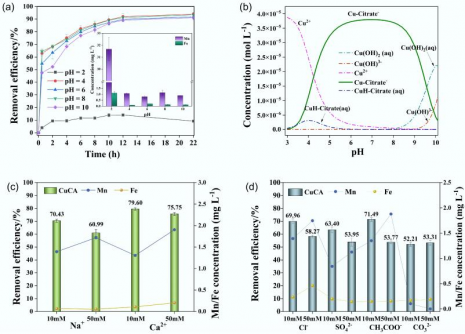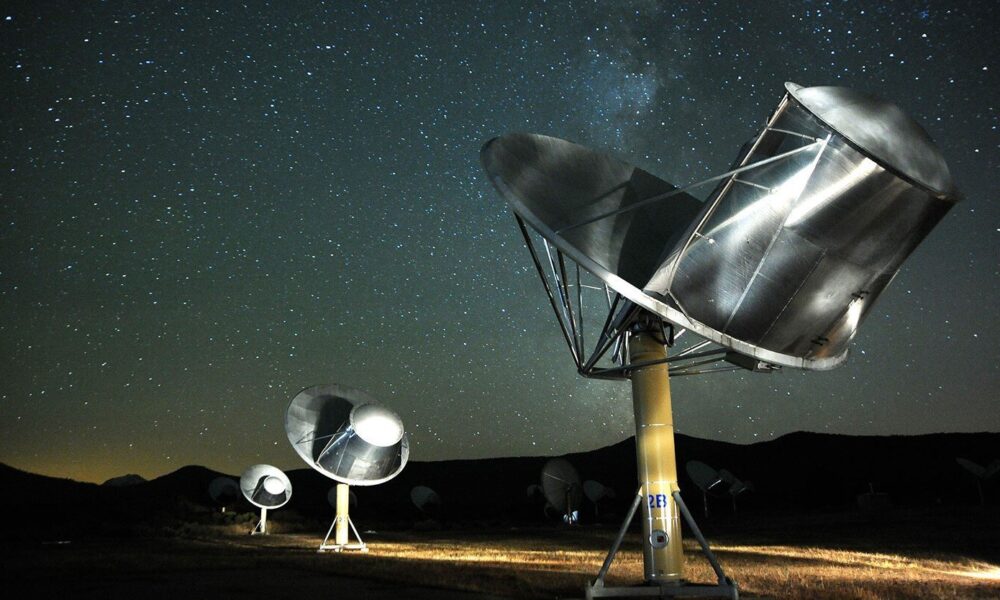A large asteroid, designated 2025 SC79, has been discovered moving at an exceptionally high speed, making it the second-fastest known asteroid in our solar system. First observed on September 27, 2023, by astronomer Scott S. Sheppard from Carnegie Science, this celestial body completes its orbit around the sun every 128 days and crosses the orbit of Mercury during its journey.
The discovery of 2025 SC79 aids in identifying potential threats to Earth while also providing valuable insights into the history of our solar system. According to Carnegie Science, this asteroid is the second known object to have an orbit that lies within the orbit of Venus.
Understanding the Implications of 2025 SC79
Scott S. Sheppard explained that many asteroids in the solar system typically inhabit two main belts of space rocks. However, gravitational disturbances can propel some of these objects into orbits that bring them closer to the sun, making them more difficult to detect. He stated, “Understanding how they arrived at these locations can help us protect our planet and also help us learn more about solar system history.”
Currently, 2025 SC79 is situated behind the sun, rendering it invisible to telescopes for several months. Sheppard’s ongoing research focuses on what are called “twilight” asteroids, which are objects that could pose a risk of colliding with Earth. This research is partially funded by NASA and employs the use of the Dark Energy Camera on the National Science Foundation’s Blanco 4-meter telescope to search for potentially hazardous asteroids, even when they are obscured by the sun’s glare.
The sighting of 2025 SC79 was confirmed using various telescopes, including the Gemini telescope and Magellan telescopes. Sheppard is well-known for his contributions to solar system studies, including the discovery of the fastest known asteroid, which orbits the sun every 133 days.
Future Observations and Research
The discovery of 2025 SC79 highlights the importance of ongoing astronomical research and monitoring of near-Earth objects. By studying these asteroids, scientists can better understand their trajectories and assess potential risks they may pose. The knowledge gained from such studies is crucial for planetary defense initiatives aimed at safeguarding Earth from possible collisions.
The work conducted by Sheppard and his team is essential not only for planetary defense but also for expanding our understanding of the solar system’s evolution. With continued observation and research, astronomers hope to uncover more about the origins and behaviors of these fascinating celestial objects.
As 2025 SC79 continues its rapid journey through the solar system, the scientific community will be closely monitoring its path and gathering data that could provide further insights into the dynamics of our cosmic neighborhood.







